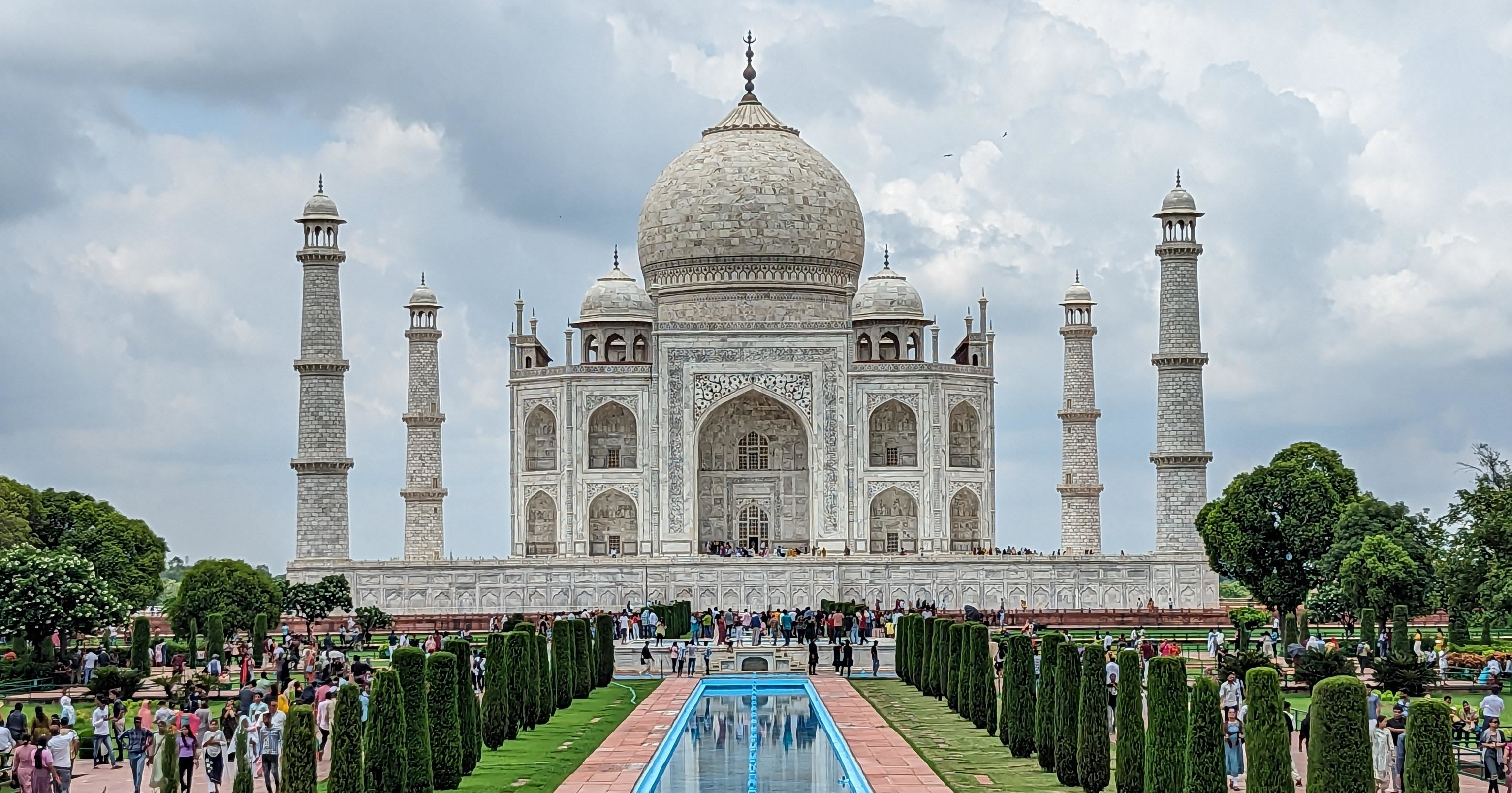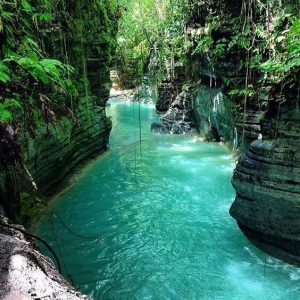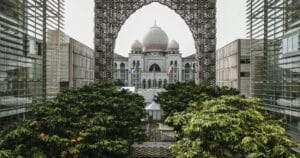I made my 1st trip to India in the Summer of 2023. I wanted to start by sharing some photos and impressions from my visit to Agra’s famous Taj Mahal, a must-see in northern India. It’s the most iconic landmark in the world’s most populous country.
The Taj Mahal is one of the New 7 Wonders of the World. It’s beautiful… but I’m preparing a controversial Part 2 for you where I explain why I was a little less impressed than I expected (and more importantly the very important lesson to learn from that for all travelers, in my opinion as a travel expert).
You can join 100,000+ savvy travelers and sign up for our free newsletter to receive all our content, like our deals, our tips, etc.
Here’s my experience visiting the Taj Mahal.
My visit to the Taj Mahal
The Taj Mahal is undoubtedly the most famous spot in all of South Asia; that’s one of the 6 different regions of Asia. It’s obviously a UNESCO World Heritage Site.
It’s located in Agra, about 250 kilometers from Delhi, the country’s capital.
You can get there very easily by bus or train. In my case, in July 2023, I was part of a delegation of Canadian entrepreneurs for a G20 pre-summit in Delhi (I’ll tell you more about the context of the trip in a future post), so we chartered buses to Agra together.
You can get there very easily by bus or train. In my case, in July 2023, I was part of a delegation of entrepreneurs for a G20 pre-summit in Delhi (I’ll tell you more about the context of the trip in a future post), so we chartered buses to Agra together.
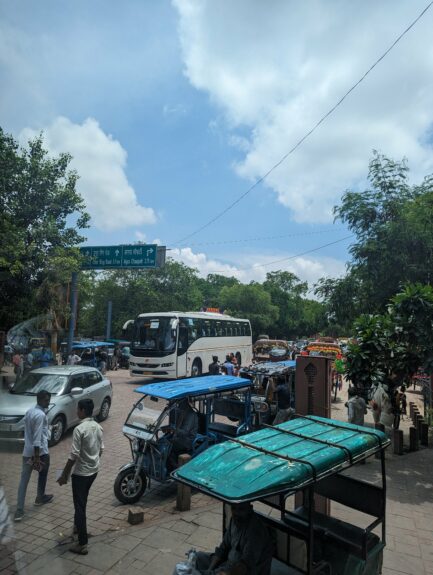
The streets of Agra are a bit chaotic, as you’d expect from northern India.
However, once inside the enormous Taj Mahal site, it’s a whole other world. The architecture and landscaping give it a more zen-like atmosphere, even though it’s very crowded and full.
The gigantic entrance to the main monument is a magnificent example of Islamic art itself.
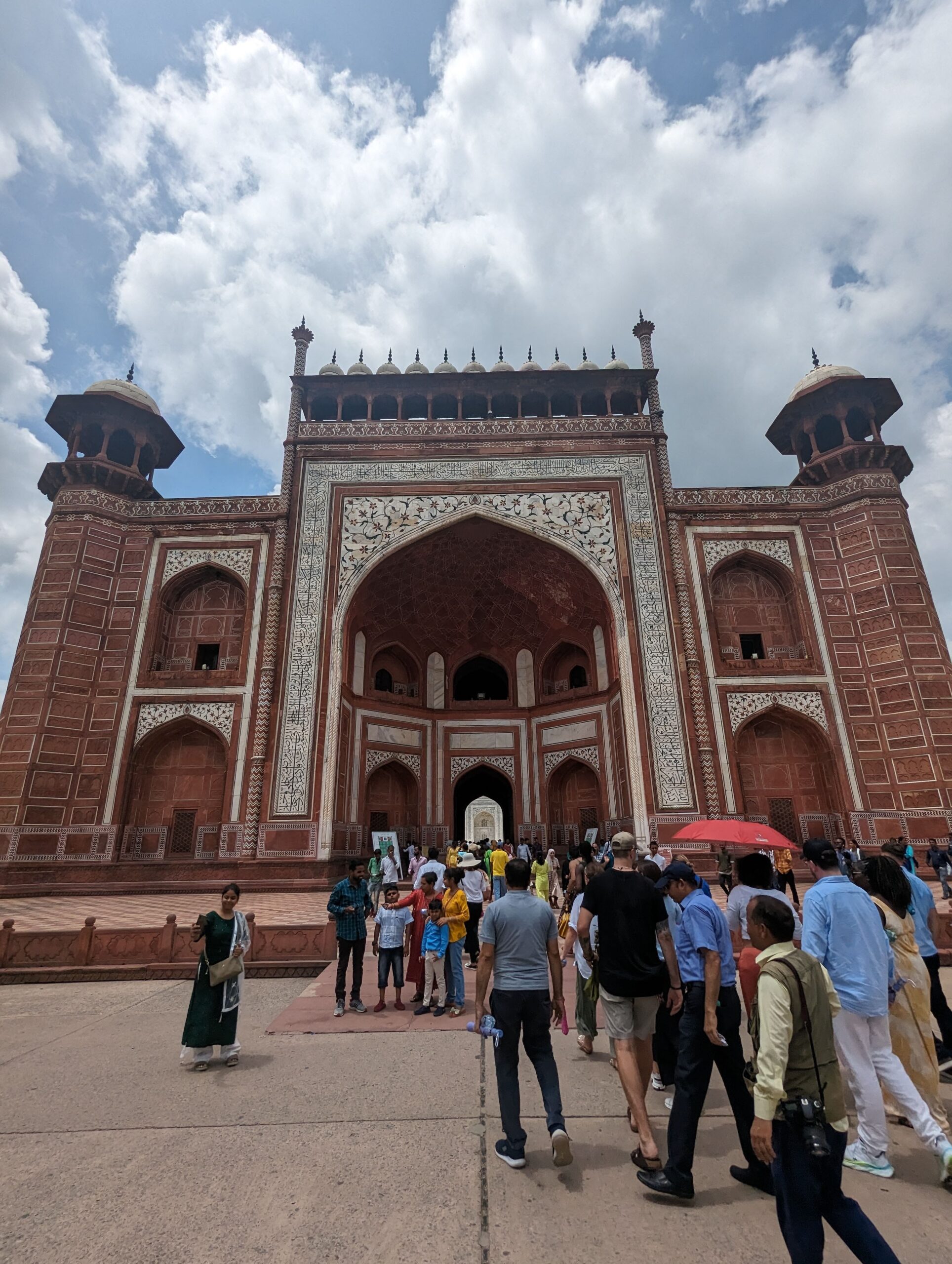
As soon as you start to see the iconic Taj Mahal itself through the door…
It’s really impressive.
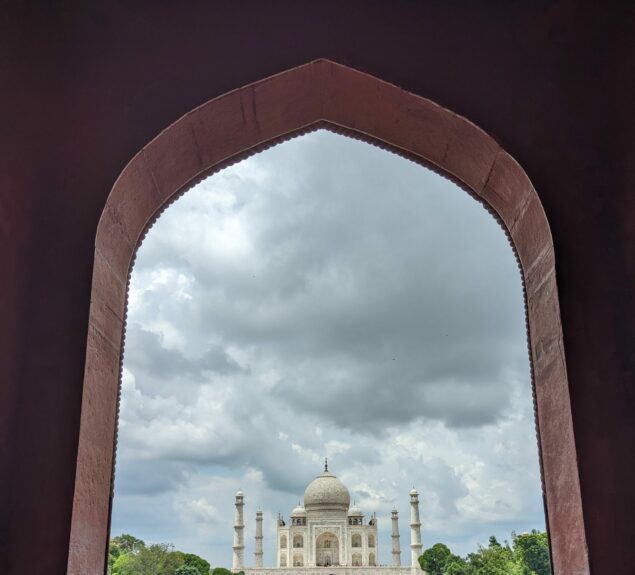
There are a lot of people, though, unsurprisingly.
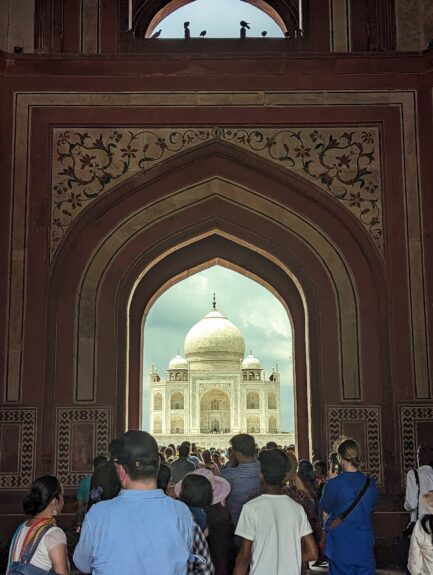
Almost everyone has heard of the Taj Mahal, but maybe you don’t know the story.
It’s a huge white marble mausoleum dating back to the 17th century, and the Mughal emperor of the time had it built (by 20,000 artisans) to contain the tomb of his favorite wife. It’s a symbol of love.
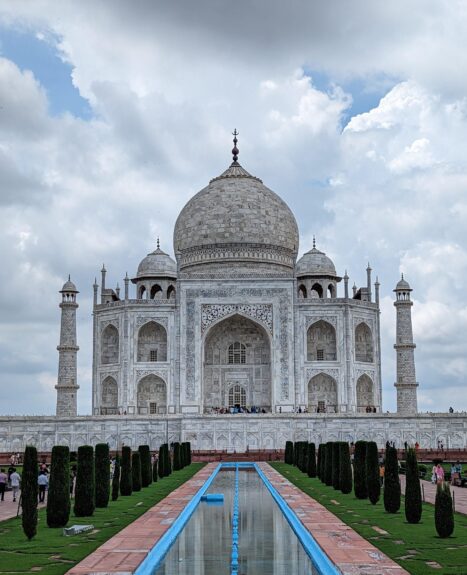
In terms of religion, most people associate India with Hinduism, of course.
However, the Taj Mahal is India’s finest example of Islamic art and architecture. Only 14% of India’s population is Muslim nowadays, but 14% of 1.4 billion… that’s a lot of people (about 4 times the population of Canada).
However, the Taj Mahal is India’s finest example of Islamic art and architecture. Only 14% of India’s population is Muslim nowadays, but 14% of 1.4 billion… that’s a lot of people (about half the population of the U.S.).
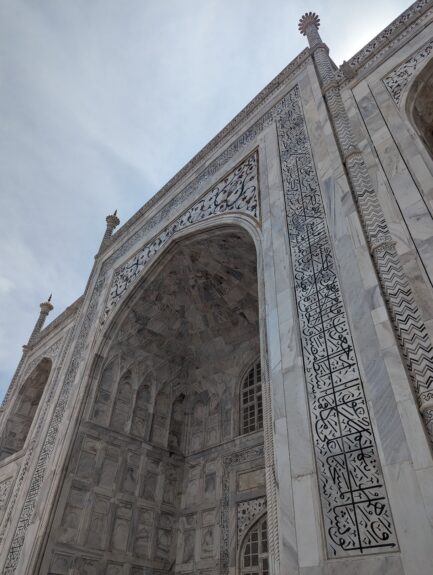
About 400 years ago, the Mughal Empire ruled this region and the Taj Mahal is one of their most beautiful legacies.
I’m passionate about architecture, but I think that even if you’re not, you can’t help but find it magnificent.
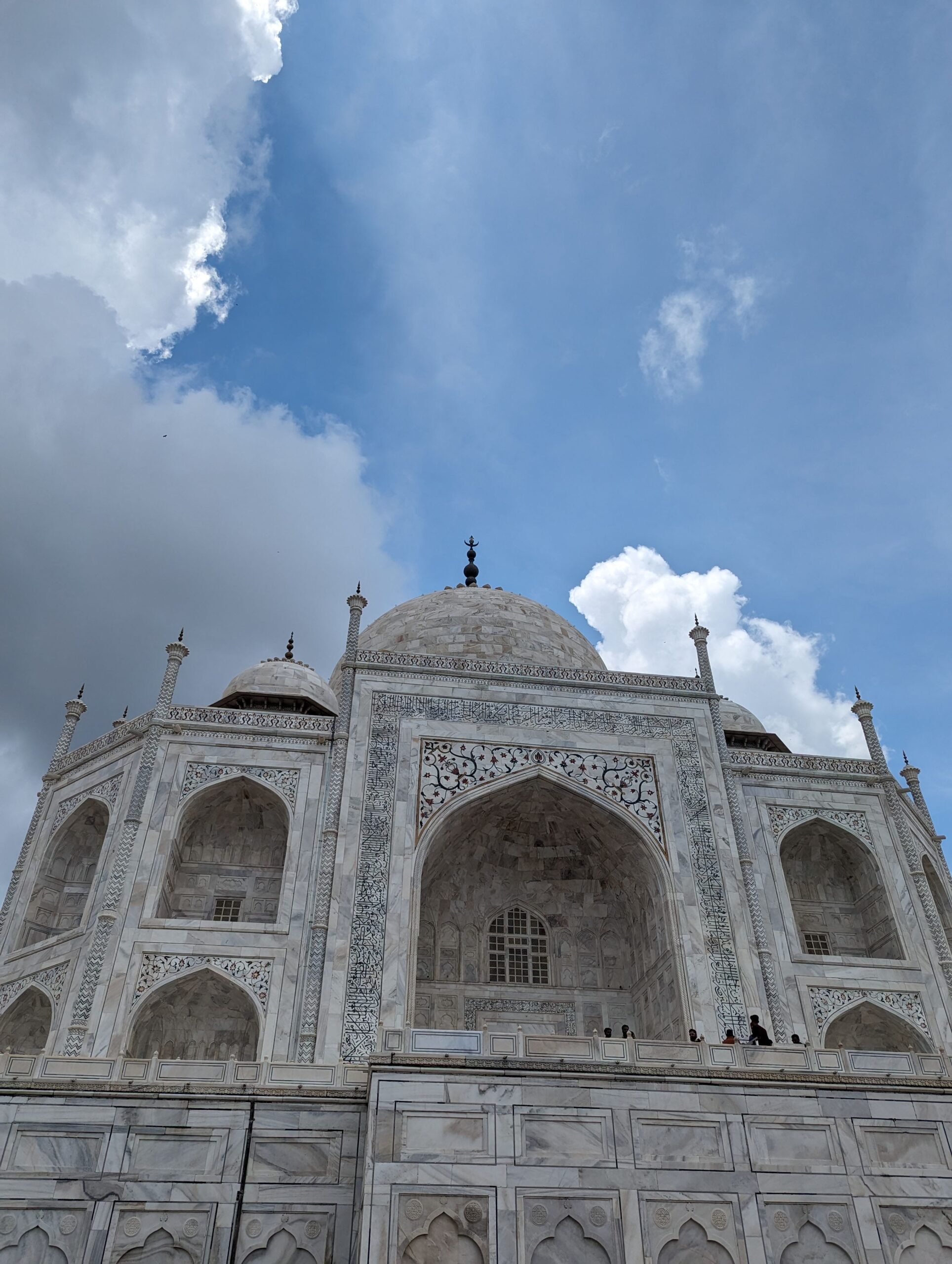
The level of detail and the symmetry are striking.
But above all, it’s the sheer enormity of the monument that’s most impressive. It’s simply a massive building.
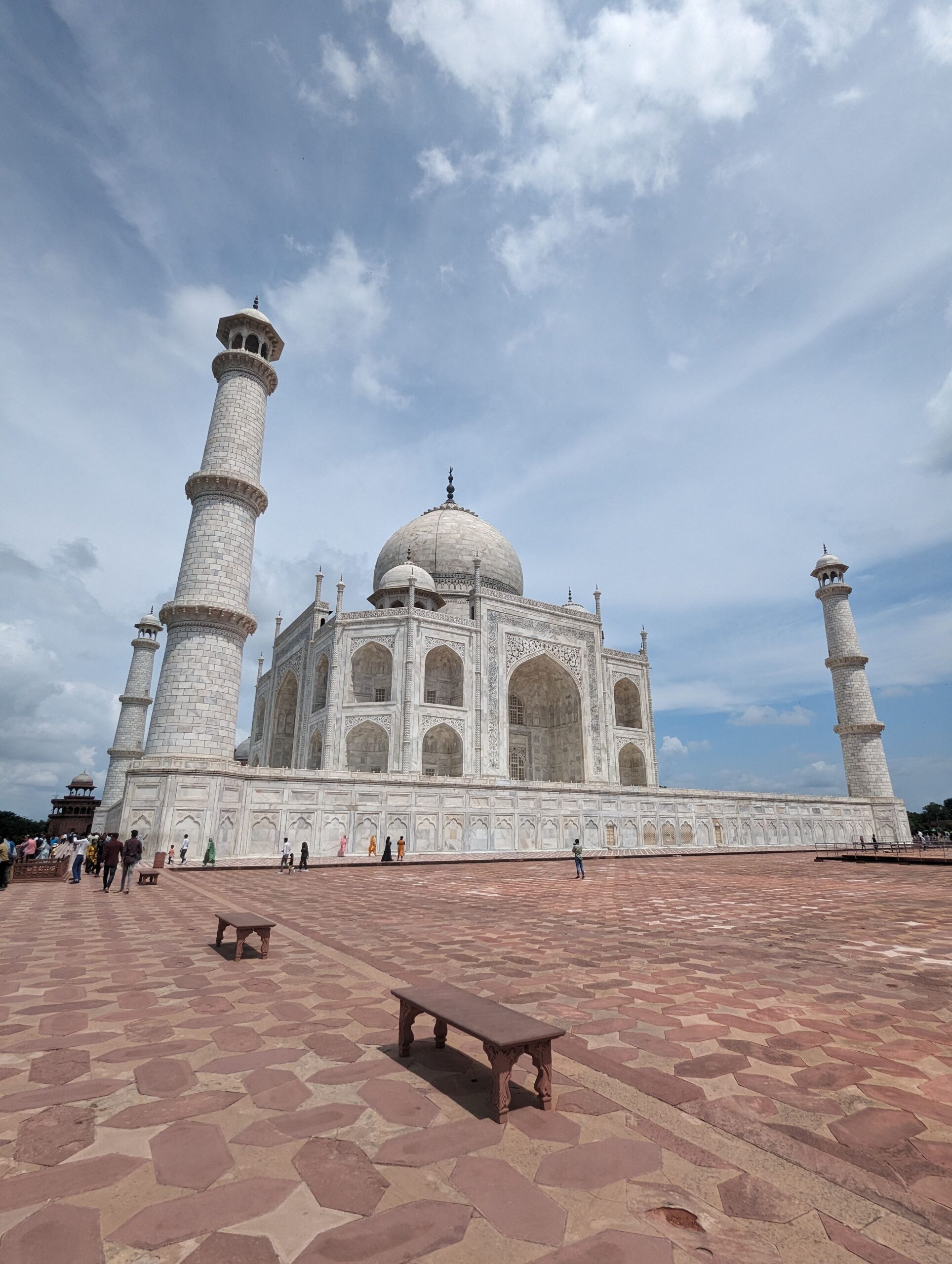
And it’s not just the monument itself that’s beautiful.
All the surrounding gardens are lovely, especially the main alley with its trees and the very long pool that gives the iconic photo of the Taj Mahal.
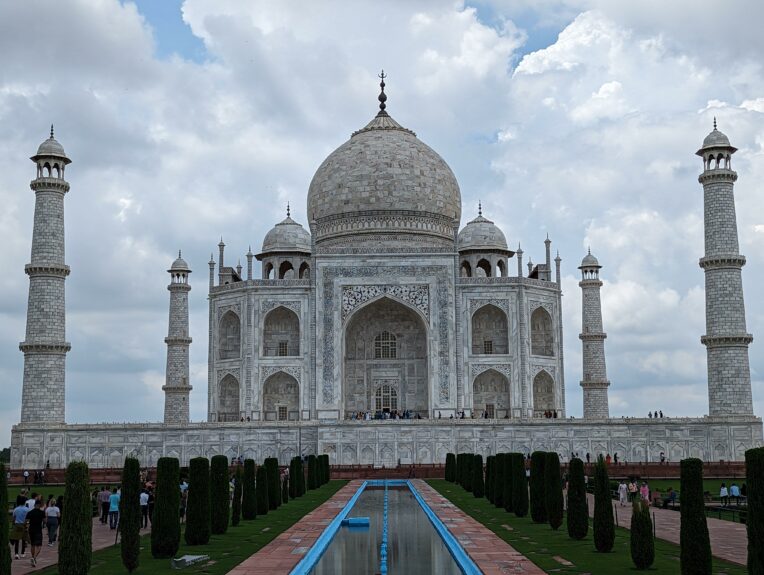
The interior of the monument is also very impressive, but photos are not allowed.
Speaking of photos, on top of taking plenty yourself to remember your visit to the Taj Mahal, also allow time to be asked to take photos with locals. Especially if you’re white/pale like me at least.
As you know if you’ve traveled a bit outside of the popular places, you’ll be asked to do that often in many countries. It’s normal in many cultures to want a photo with exotic-looking visitors. But I’ve never been asked as often in one place, that’s for sure.
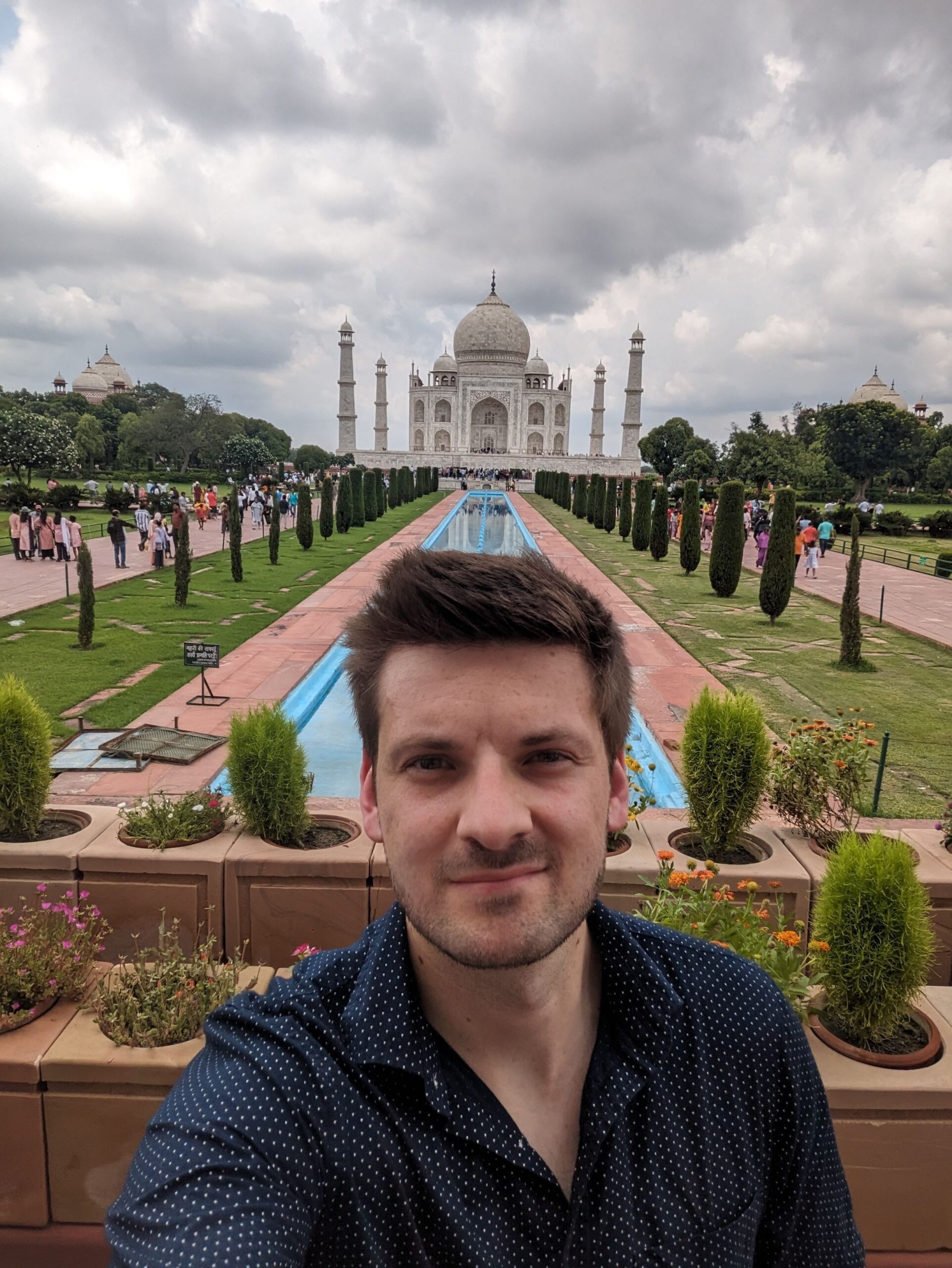
Surprisingly, it doesn’t show too much in this photo, but it was excessively hot at the Taj Mahal. Visiting in peak early afternoon hours in the middle of July was intense. I’ve often been hot while exploring 70+ countries, but honestly, it was one of the hottest times of my life.
The sun was beating down solidly, even if it was a little cloudy. If you aren’t attending a G20 pre-summit with very fixed dates, we always recommend avoiding traveling in July/August (unless you’re 100% obligated to take your time off from work in the summer or have school-aged kids, obviously).
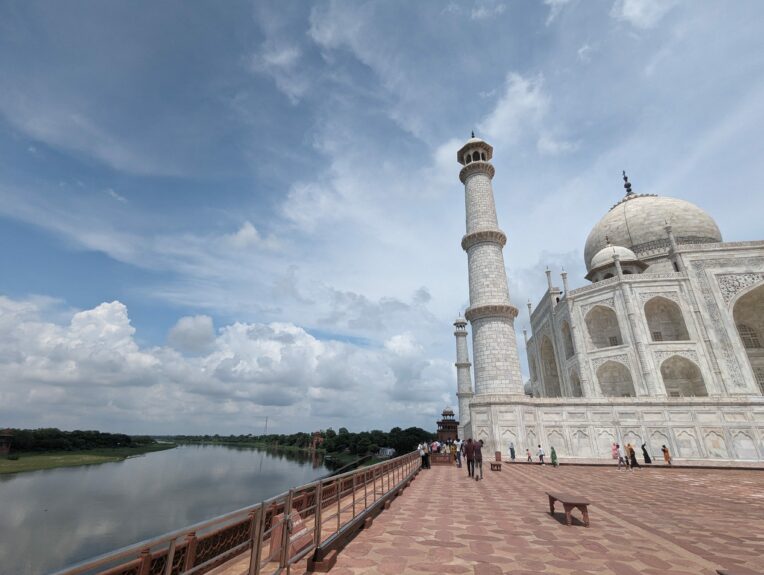
There are even monkeys at the Taj Mahal site entrance, like most places in northern India, even in the middle of cities.
And they come really close to you.
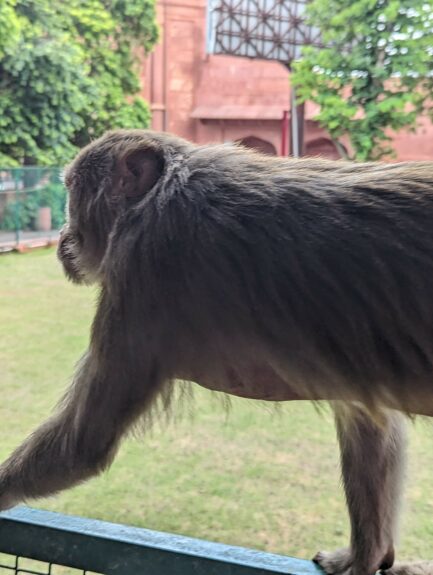
We didn’t have much more time than that in Agra, unfortunately. It’s good enough that they took us there before our convention, I was actually planning to go alone after the event (because it doesn’t make sense to be in Delhi and not go to the Taj Mahal in my opinion).
The only other thing we did in Agra apart from the Taj Mahal was to go and see artisans who painstakingly work marble.
(Because the organizers had hired a guide and guides always want to take you to a tourist trap where they make a commission on all the stuff you buy!)
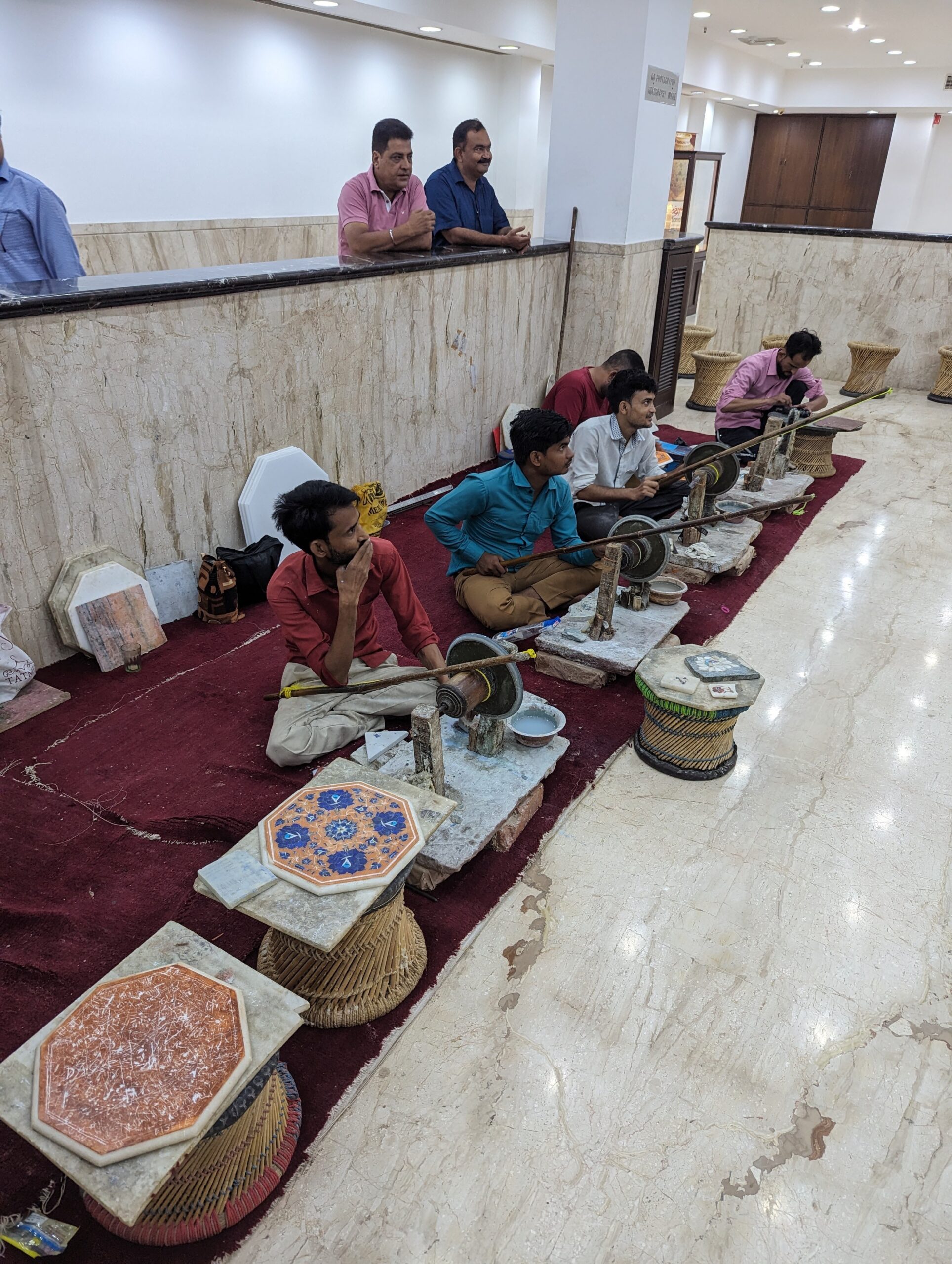
But if you have more time in Agra, there are plenty of other sites that look interesting, like the Agra Fort and the Tomb of Itimad-ud-Daulah (among others).
There are also 2 nice and affordable Marriott hotels in town, so you can make time to stay:
India is one of the best countries to maximize your Marriott points (to get more free nights or to save more money on luxury). During this trip, I did my best-ever Marriott points redemption; detailed post to come. In the meantime, you can read the basics of Marriott Bonvoy points.
India is one of the best countries to maximize your Marriott points (to get more free nights or to save more money on luxury). During this trip, I did my best-ever Marriott points redemption; detailed post to come. In the meantime, you can get started by applying for a Marriott card that gives you a ton of free hotel nights!
Learning how to travel for less
Join over 100,000 savvy travelers who already receive Flytrippers’ free newsletter so we can help you travel for less (and inspire you, too)!
Summary
A visit to the Taj Mahal is a must if you’re in northern India. It’s a magnificent monument you need to see at least once in your life. Despite this, I was a little less impressed than I expected — I’ll explain that in Part 2 soon.
What would you like to know about visiting the Taj Mahal? Tell us in the comments below.
See the deals we spot: Cheap flights
Explore awesome destinations: Travel inspiration
Learn pro tricks: Travel tips
Discover free travel: Travel rewards
Featured image: Taj Mahal (photo credit: Andrew D’Amours/Flytrippers)
Original publication date: September 7, 2023

